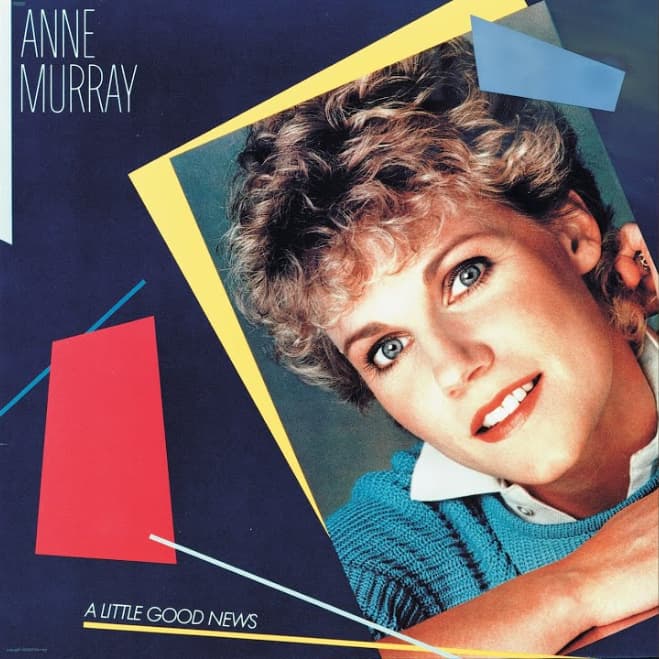
That Rare Moment When Strength Gives Way to Sweet Surrender
Few songs encapsulate the delightful vulnerability of a successful woman falling head over heels quite like Anne Murray’s 1984 country-pop crossover hit, “Just Another Woman In Love.” Released in the spring of 1984 as the third single from her Gold-certified album, A Little Good News, the track resonated deeply with listeners, soaring to the top of multiple charts. It became Murray’s eighth number one hit on the Billboard U.S. Hot Country Songs chart, where it spent a considerable 20 weeks. Beyond its country success, the song also demonstrated its broad appeal by peaking at a respectable number 7 on the U.S. Billboard Adult Contemporary chart and hitting number one on both the Canadian RPM Country Tracks and Adult Contemporary Tracks. This stellar performance underscored Murray’s unique gift for bridging the gap between genres, offering a sound that felt both contemporary and timeless.
The story behind this evocative song is found in the pens of two talented women, Wanda Mallette and Patti Ryan. Their songwriting brings a nuanced, inside perspective to the narrative. The lyrics paint a picture of a woman who is, by all outward appearances, completely in control: “I’m strong, I’m sure. I’m in control, a lady with a plan. Believing that life is a neat little package I hold in my hand.” This is the successful, self-assured figure that many women in the 1980s aspired to be. It’s a reflection of the changing role of women in society—a theme that adds a subtle layer of power to what is fundamentally a love song.
Yet, the true genius of “Just Another Woman In Love” lies in the contrast: the moment this accomplished woman is disarmed by the simple, powerful presence of her man. All her carefully constructed composure crumbles when he’s near. The chorus becomes a confession of joyful weakness: “I’m just another woman in love, a kid out of school, a fire out of control, just another fool.” This feeling of being utterly undone by love is the song’s heart. It speaks to the universal experience where, regardless of one’s professional or social standing, true intimacy strips away the armor, leaving one trembling and vulnerable “like a child.” It is a beautiful, almost paradoxical statement that the highest form of control is willingly letting go for the person who sees and loves the real you.
For older readers, this song isn’t just a nostalgic echo of 1984; it’s a soundtrack to memory. It conjures up the image of a time when the world seemed a little simpler, yet our own internal lives were just as complex. It recalls the sweet surrender of a long-ago romance, the thrill of anticipating a lover’s return, and the comforting knowledge that even the most put-together among us is capable of being reduced to a blissful, stammering mess by the right person. Anne Murray’s voice, with its characteristic warmth and comforting resonance, makes the confession feel personal, like a shared secret between friends over a quiet cup of coffee. It’s a testament to the enduring power of a tender ballad—one that reminds us that no matter how far we’ve come or how much we’ve achieved, the simplest things, like being “just another woman in love,” are often the most profound.